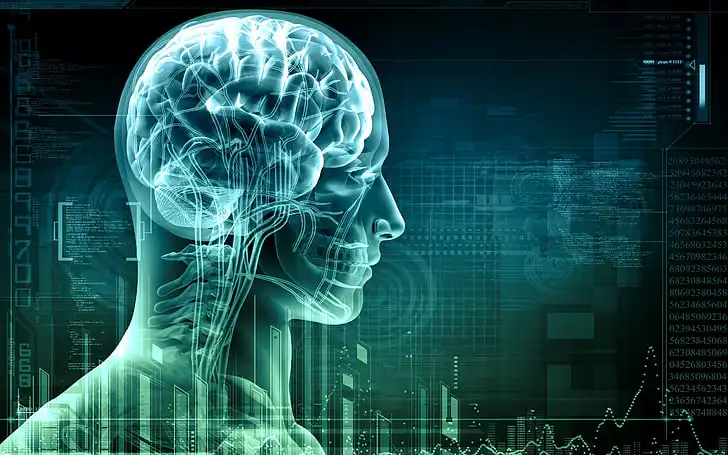Elon Musk, the visionary who requires no introduction, is known for establishing SpaceX, Tesla, Neuralink, and The Boring Company. However, Musk's involvement in the Artificial Intelligence (AI) sector, particularly OpenAI, is attracting a lot of media attention recently. The billionaire innovator has found himself in court with OpenAI and its CEO, Sam Altman.
Elon Musk co-founded OpenAI, intending to advance digital intelligence in the service of humanity. The founding vision included broad distribution of AI benefits and long-term safety. Yet, a discord appears to have risen between Musk's initial vision for OpenAI and its evolution under Sam Altman's leadership.
Sam Altman, former president of well-known startup incubator Y Combinator, became the CEO of OpenAI in March 2019. While Musk's larger-than-life persona and achievements often overshadow other innovators, experts in the field respect Altman for his considerable contributions to the AI industry. Nevertheless, he is no stranger to controversy, with ongoing disagreements between him and Musk igniting unprecedented court battles.

The dispute primarily roots from the direction OpenAI has taken under Altman's leadership. Musk has a strong conviction about AI—expressing major concerns about its control and the potential risks it poses on multiple occasions. He also stressed the significance of AI's development aligning with humanity’s best interests—a principle of OpenAI’s charter.
Aldous Huxley, in his book 'Brave New World', warned against the misuse of technological power endangering human freedom. Musk, it seems, is being proactive against such a possibility with AI. He has often likened AI to 'summoning the demon'—indicating his apprehension about the technology's uncontrolled development and potential misuse.
OpenAI’s development under Sam Altman, and its apparently deviating trajectory from its initial principles, seems to have rattled Musk causing him to take the drastic step of dragging his own company and its CEO to court.
There's no denying that the dispute has sent tremors across the tech industry. Elon Musk's OpenAI Vs Sam Altman is not a typical courtroom battle—it's a fight between two visionaries interpreting and implementing a shared vision in drastically different ways.
An observer might mistake this as another typical courtroom drama, derived from corporate greed or power struggle. However, given Musk's consistent warnings about the potential misuse of AI, it's much more than a fall-out over business directions—it's about the potential implications on humanity.
After all, the underlying question is about the nature and essence of AI itself. Is it merely a tool for growth and development, or should we treat it as a potential existential risk to humanity? OpenAI originally embodied Musk's perspective on starting this venture, but it appears to have undergone a transformation under Sam Altman.
Musk’s fear of AI slipping out of human control is not unfounded. Renowned physicist Stephen Hawking and Microsoft co-founder Bill Gates have expressed similar concerns in the past. They emphasized the importance of strict regulations and guidelines on AI development to mitigate unforeseen negative consequences.
That Musk had to go to court over his concerns implies a significant philosophical divergence between him and Altman regarding OpenAI’s trajectory. Does this indicate a change in OpenAI's stance on AI's impact and control, or is it merely a divergence in implementation strategies?
Both Musk and Altman have made significant contributions to AI. Their reputation carries considerable weight within the tech industry. Watching them locked in a legal battle has piqued the general curiosity and anxiety revolving around the future of AI.
Whether or not one sees this legal tussle as a clash of icons, it points to a larger discussion about the direction in which artificial intelligence, as an industry, is heading. It also surfaces the ethical, safety, and societal issues related to AI—issues that should concern the global community.
The Elon Musk Vs Sam Altman lawsuit, thus, could be a significant turning point in the AI world. With Musk committed to ensuring that AI serves humanity's interests, and Altman driven to push the limits of AI, the impact of this court showdown will undoubtedly have wide-reaching effects.
As the trial proceeds, the tech world watches with bated breath. The outcomes of this legal battle could shape the trajectory of the AI industry, dictating future operational and ethical standards. The inventor versus interpreter battle promises to be a defining moment for AI.
This court battle also comes as a stark reminder of the power and potential danger of AI, and the importance of carefully navigating its development. This saga involving two tech heavyweights serves as an echo of an ongoing global dialogue about AI's future and its implications for humanity.
However this court battle unfolds, one thing is certain—the AI industry won't be the same in its aftermath. The outcome will invariably dictate future business practices, ethical norms, and development trajectories in artificial intelligence.
Geeks might enjoy the spectacle of the battle between Musk and Altman, yet, the significance of their disagreement goes beyond mere corporate tussling. It underscores the importance of responsible AI development and the pivotal role of ethical governance in the AI industry.
The Elon Musk Vs OpenAI and Sam Altman lawsuit, therefore, is more than just a battle between two tech titans—it represents a larger existential struggle over the soul of AI.
In conclusion, while Elon Musk Vs Sam Altman seems, at first glimpse, to be a battle of egos, it is a profound disagreement with high stakes—the direction and control of AI's future, and by extension, humanity's destiny.